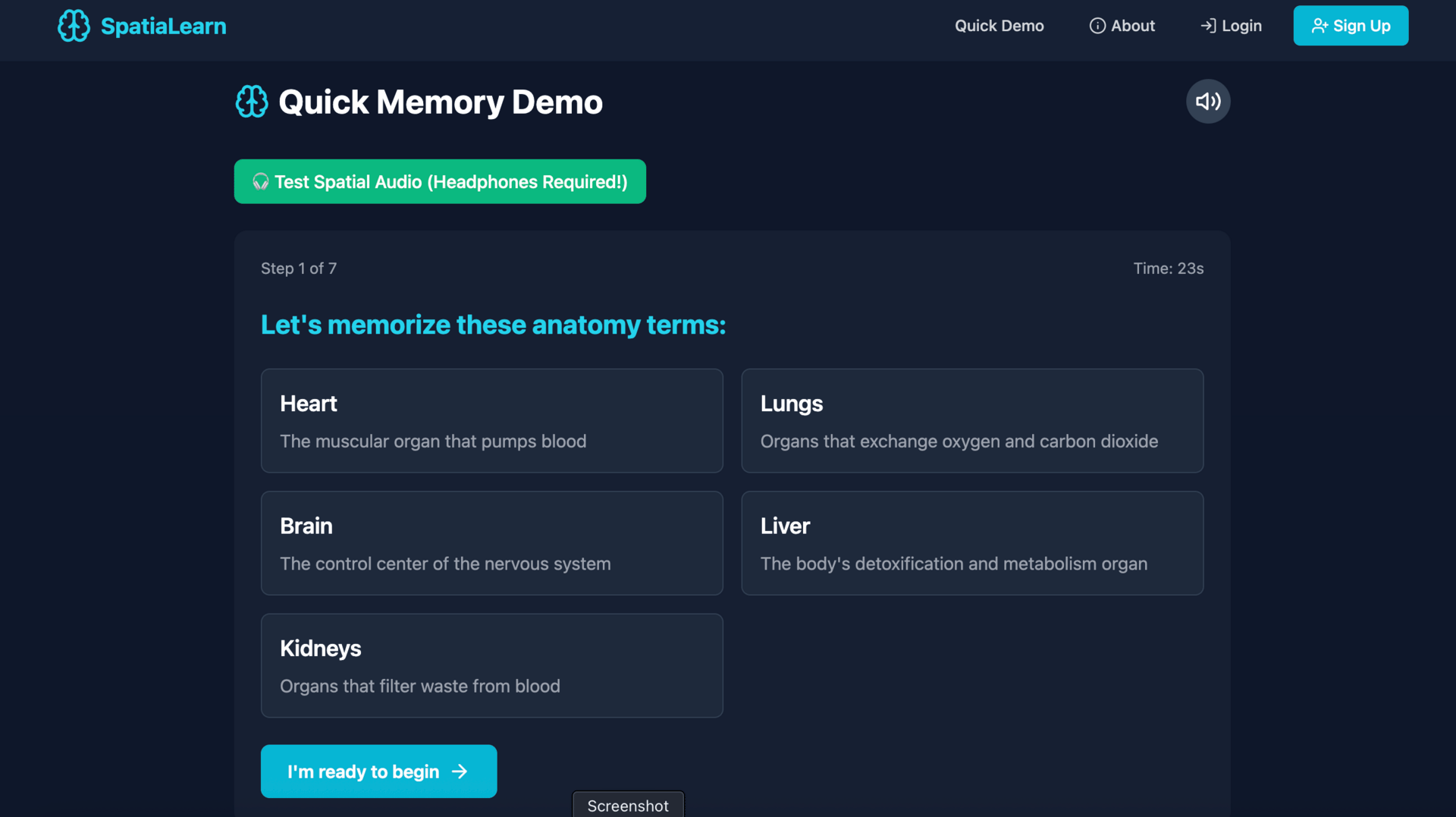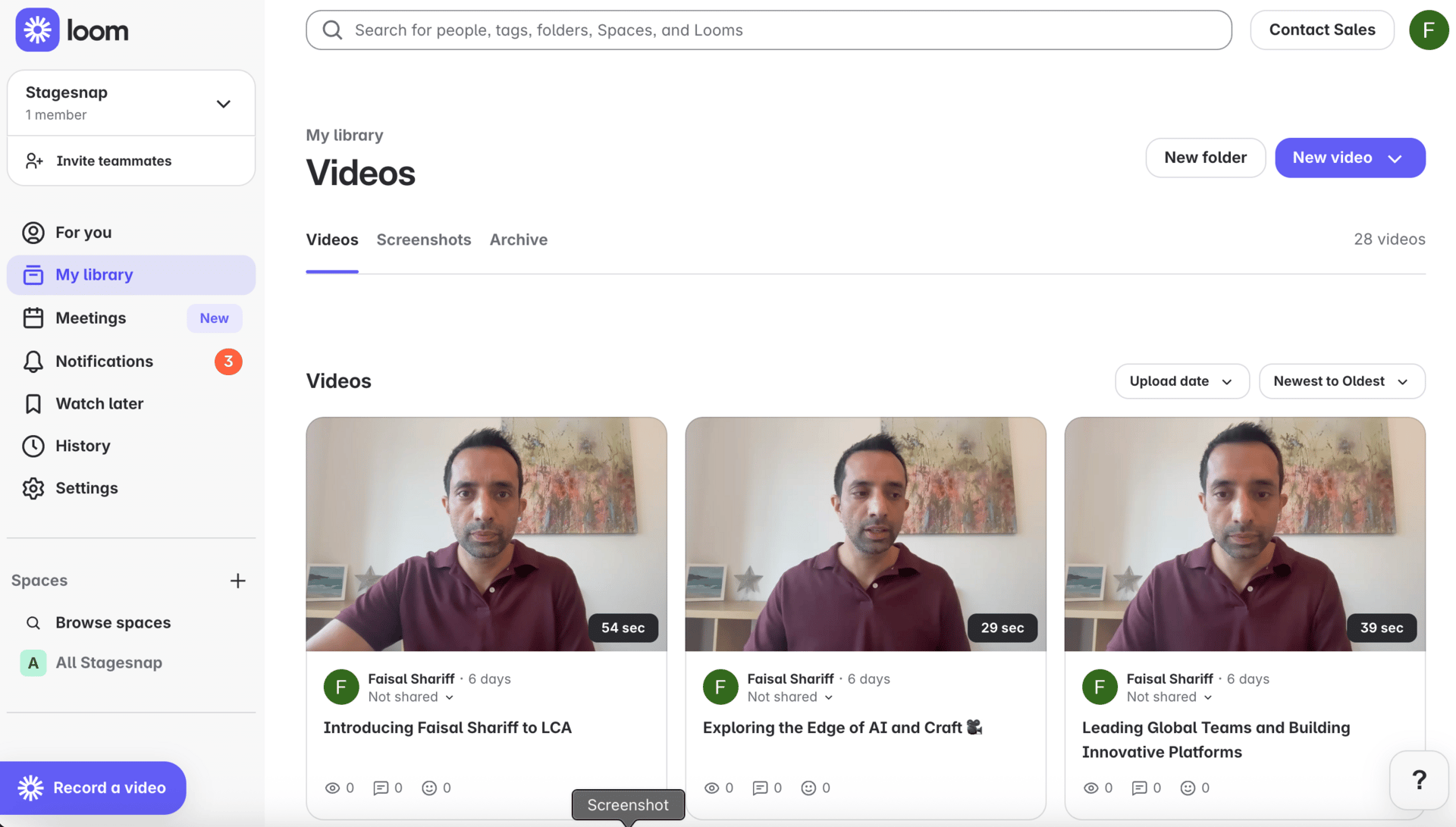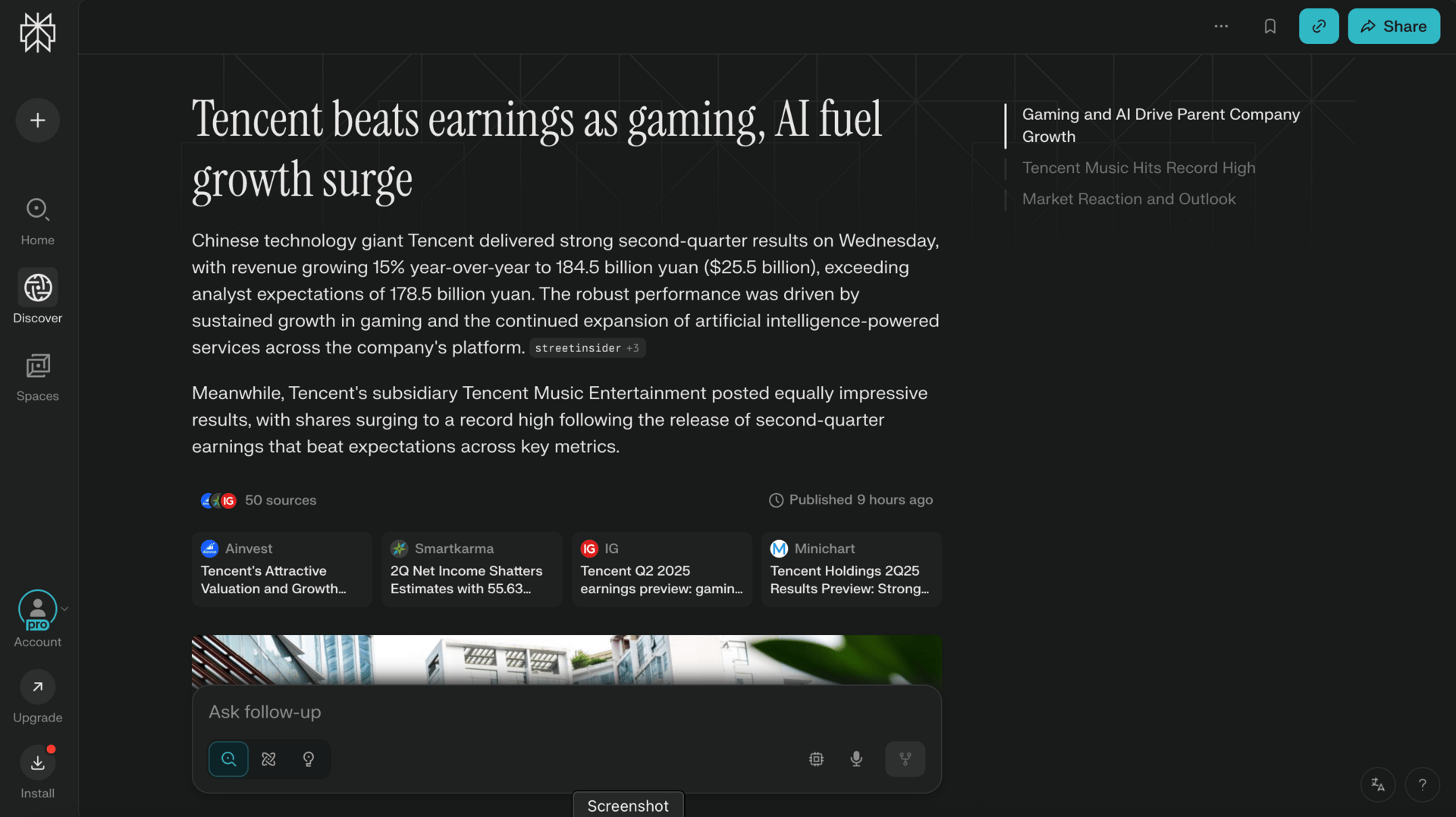- The Atomic Builder
- Posts
- The Most Important Thing in AI?
The Most Important Thing in AI?
You got them in the door. Now you need them to believe.

Hi, and welcome to The Atomic Builder!
Ever had a Maps app send you down a dirt road and suddenly doubt every single turn after that? Let’s be honest, we’ve all been there! That’s what bad AI output does - it breaks the contract between product and user. One glitch, and trust evaporates.
Last week, i kicked off a three series arc for this newsletter, we started with the unglamorous but essential truth: your ability to distribute will beat the number of features you have almost every time. This week, we’re moving to the other side of the growth equation - trust.
Because getting users is great… until they stop believing in your AI tool or what it’s telling them.
I’m going to share an event that took place just a few weeks ago.
Ready…?
Got this from a friend? Join other product managers, founders, and creators staying ahead of AI-powered product building. Subscribe to get The Atomic Builder every week.
The Demo That Went Sideways
Demos have a habit of ensuring you earn your keep... Let me take you back to a recent SpatiaLearn demo I did.
SpatiaLearn is a platform I’m building to enhance the learning process using an immersive audio experience.

Demos are fun, Demos are fun, Demos are fun.
So, I was presenting to a potential user of the platform. Any opportunity to present to a potential user, is an enormous privilege. It’s important to understand that.
The first run? Magic! The voice flowed perfectly, the pacing was spot on, and my test user leaned in.
The second run? It butchered three technical terms so badly it might as well have been speaking another language. In addition, my ElevenLabs integration glitched, rendering my audio obsolete. Not ideal for a platform that relies on immersive audio…
I could see it on their face: the magic was gone. It was time to pack up.
This issue wasn’t particularly surprising to me, but it took a real interaction to fully embed this into my thinking: in AI, trust isn’t something you “add” on top of the product. It is the product. Once it wobbles, users don’t just doubt the AI - they start doubting you.
That single glitch wasn’t just a technical failure. It was a trust rupture. And trust, in AI, is a whole different beast…
Why Trust Feels Different in AI
With most software, a bug is just that — a bug. Annoying, but recoverable.
In AI? One weird, unexplained output can completely reset how a user sees your product.
They remember the mistake more than the dozen flawless outputs before it. They tell their friends about the fail, not the win. And because most AI feels like a black box, there’s no visible “why” to help them forgive it.
The Trust Stack - What YOU & I can do
When you think about building trust into AI tools, picture trust like infrastructure:
Baseline Accuracy is your plumbing - if it leaks, nothing else matters.
Error Grace is your auto-recovery - smooth, invisible, and confidence-restoring.
Transparency is your system dashboard - it shows users the machine’s working (even if it hiccups).
You don’t need perfection. But if one layer is missing, the whole thing feels brittle.
There are great examples of how to build trust in your product, you don’t have to look particularly hard to find these…
Who’s Doing This Well
With consumers demanding this, it wasn’t hard to find two public examples that stand out for me.
Perplexity AI wins trust by showing its receipts. Every answer comes with sources you can click. You don’t have to blindly trust - you can verify.
And Loom (not an AI product, but a trust masterclass) made sharing effortless while giving control. Every video comes with a clear preview, playback options, and a simple way to re-record if you mess it up. That combination of transparency and recovery makes users confident in hitting “send.”

Loom, a masterclass in making things easy
So, how am I attempting to apply these principles and objectives to my own builds…?
What I’m Trying in My Own Builds
For StageSnap, I’m experimenting with a “Regenerate” option, so agents know they can re-use existing credits to get the perfect image, before they download, no extra cost to them.

For SpatiaLearn, I’ve added the ability to default to web speech (which doesn’t need a connection to an external service), when my ElevenLabs audio glitches, for any reason. I can’t really provide an image of that - you’ll have to take my word for it!
Tiny changes, but they signal: I know AI isn’t perfect - and I’ve got your back when it isn’t.
Your Turn
This week, find one moment in your AI tool where trust could break - and patch it.
Maybe you show a source. Maybe you add a one-click fallback. Maybe you just make it easier to undo.
The best fix you send me? I’ll feature it in next week’s issue.
Final Thoughts
Your best growth loops? They run on trust.
If your output isn’t reliable, users won’t share it.
If it’s not consistent, they won’t build it into their workflow.
And if they can’t recommend it with confidence, er, the loop never loops, so to speak!
So this is where our arc comes full circle:
Last week in Part 1, we talked about distribution as the real moat for AI products.
This issue, distribution without trust? That’s like pouring water into a leaky bucket.
Next time, we wrap this series with the big one: why traditional MVPs are no longer enough, and how to make your first version so valuable people can’t ignore it.
Until next time, keep experimenting, keep building, and as always - stay atomic. 👊
Faisal
This Week’s Build Beats 🎵
Each issue, we pair the newsletter with a track to keep you inspired while you build.
This week’s pick? A song that captures the quiet resilience required when trust breaks - in your product, or in yourself.
🎧 “Scar Tissue” – Red Hot Chilli Peppers
Grab the playlist on Spotify - I add to it each week!
 | Thanks for Joining! I’m excited to help usher in this new wave of AI-empowered product builders. If you have any questions or want to share your own AI-building experiences (the successes and the failures), feel free to reply to this email or connect with me on socials. Until next time… Faisal |
P.S. Know someone who could benefit from AI-powered product building? Forward them this newsletter!

